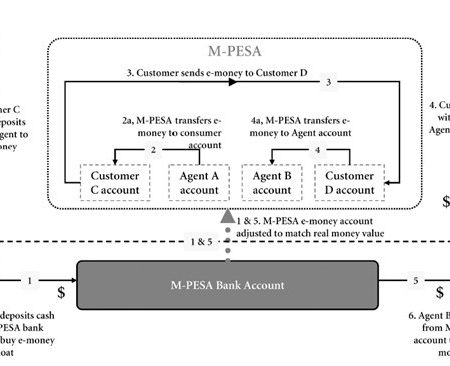A beginner’s guide to agency problem
An agent is expected to protect the interest of the principal and an agent is paid for the services. But under the standard agency set-up it has been witnessed that most often agent do not protect the interest of the principal and they try to maximize their own interest. An agency problem is referred as the conflict of interest between the agents and principals.
Agency problem with respect to a publicly listed company can be multi-layered; agency problem can incur between stockholders and managers, it can incur in between majority and minority stakeholders, it can take place in between auditors and. Agency problem incurs when the interest of the principal group does not get aligned with the interest of the agents. Generally managers are referred as the agents and shareholders are referred as the principal in the agency literatures.
Agency costs can broadly be divided into three streams – monitoring cost, residual cost and bonding cost. Firms need to assign internal auditors, internal control teams, and compensation committees in order to monitor the manager’s activity at a regular interval. There are some implicit monitoring activism as well such as assigning independent directors into the board and tagging manager’s financial remuneration with the firm performance etc.. Golden parachute provisions, indemnity provisions are classical examples of bonding costs imposed upon a firm; market forces often fail to intervene into an ill-managed firm if these conditions are imposed on. Finally due to the agency crisis firms lose the opportunity to invest in the best possible projects and at time firms also incur economic loss due to the empire-building motive of the managers, thereby causing residual cost.
There are a number of well established mechanisms to reduce agency problem, namely corporate raider market, proxy fights, good governance, variable payments going to the managements etc. The analyst community is always aware of the ill-managed firms and they assign lower price (price at which institutions would get enticed) for these ill-managed firm. It is generally expected that after the acquisition the incumbent managerial team will lose their. So, in order to make their job secure, most often managers do not get to much involved in extracting corporate value for their own stake. Secondly, strategic investors often have representatives in the board and these strategic investors (mostly large banks, hedge funds, pension funds) try to reduce agency problems. Through introducing ESOP (employee stock ownership plan) and stock options, bulk of the manager’s compensation can be tagged with corporate performance. Insurgent group of stockholders can replace the existing board and management through proxy fight.
Perhaps the best way to reduce agency problem in a modern day business organization is through developing codes of corporate governance. Cadbury commission report -1992 and Sarbanes-Oxley Act 2001 played pivotal role in mitigating agency problem through better governance. Even though good governance is a holistic approach and the practice of good governance actually centers on board room practices and internal control. In order to make boardroom practices effective, Cadbury commission postulates for inclusion of independent director in higher proportion into the board, separate role for the CEO and chairman, formation of internal audit, internal control, and compensation committee. That means that non-executive, qualified and independent director will prevent the board from group thinking and taking on decisions that would subsequently result into group thinking. Internal control team is expected to evaluate the efficacy of the business module; compensation team will regularly evaluate the payment packages of the directors. Sarbanes-Oxley Act 2001 deals mostly with the relationship of the firm with its external auditor. As per this rule, an external auditor cannot offer other non-audit service to the audited firm; the CEO and the CFO were held personally liable for the material misstatement in the book of accounts.
Blog Writer: Hussain Ahmed Enamul Huda












Leave a Reply